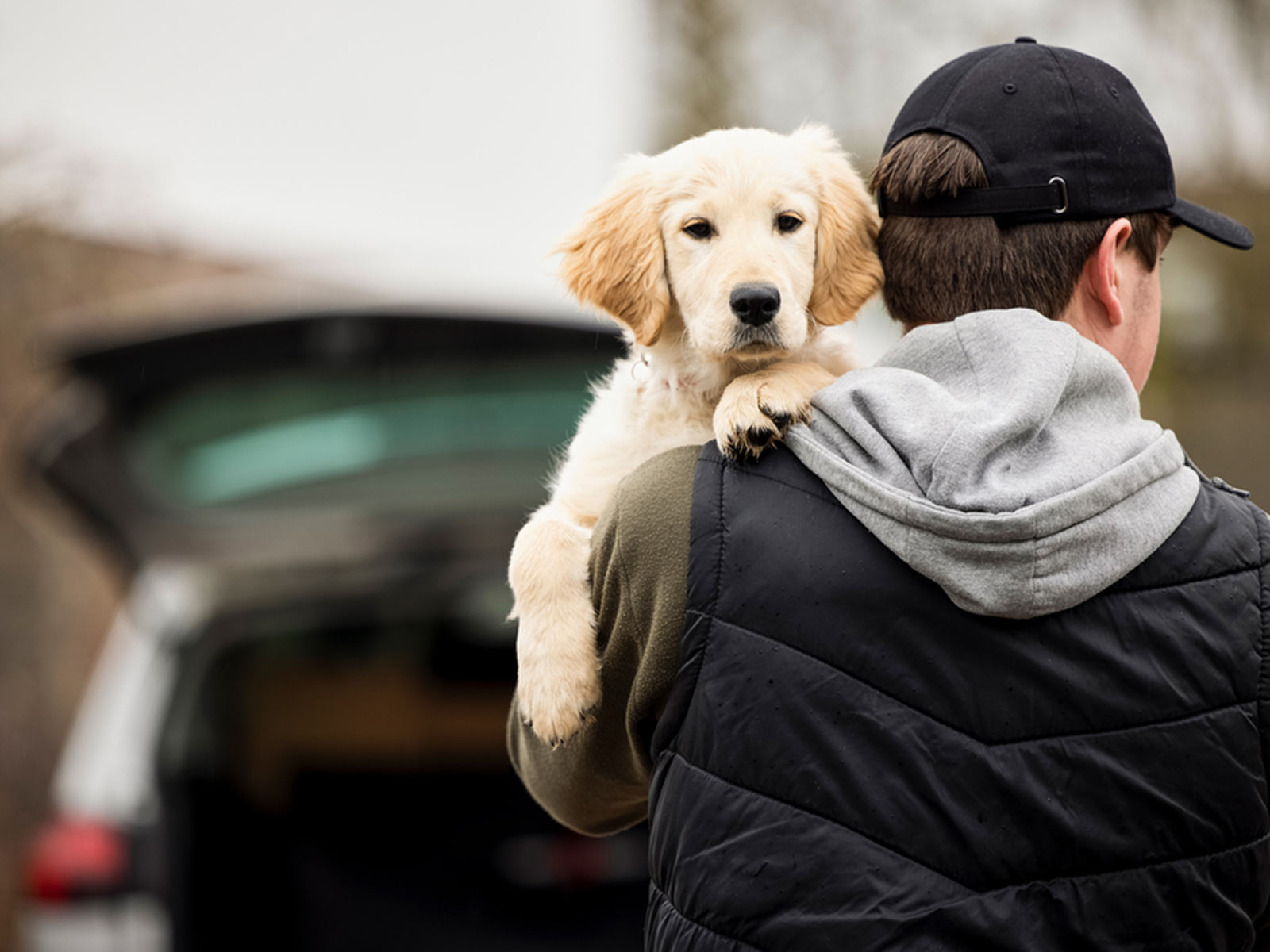Have You Considered Attending Dog Training Long Island NY?
I am sure you’ve met people who proudly tell you how well-trained their dog is. “He understands what ‘No’ means!” they gush. Ok, you say to yourself. Since you have attended dog training Long Island NY, you are not entirely sure what the command “No” means to a dog, but maybe your friend and your friend’s dog have figured it out.

So you meet the dog in question when your friend eagerly brings them to your house. The dog leaps up on you, and your friend shrieks ‘No!’. So the dog gets down, darts past you and into the kitchen to see if there’s anything to eat on the counter. Your dog, who was instructed to sit and stay, dutifully does so as the visiting dog barks wildly. Your friend shrieks ‘No!’ and on goes. Your friend is pleased that every time they shriek ‘No’, their dog stopped doing whatever they were doing and started doing some other unwanted behavior. “Isn’t he well-behaved?” she gushes, “my doggie responds to ‘No’ so well!”
How people do you know think it is important that the dog respond to ‘No’? Many believe that if a dog stops misbehaving when you yell ‘No’ it is a well-trained dog. Unfortunately, you probably know quite a few such dogs and owners. Most of these dogs are quite ill-behaved and are completely untrained. If you feel the need to tell your dog ‘No’, ‘No’, ‘No’ multiple times a day, this dog does not understand what they are supposed to be doing.
A properly trained dog engages in habitual behaviors and responds to cues/commands. Habitual behaviors are good behaviors the dog does even if the owner is not present. For example, a well-behaved dog does not climb on the kitchen counters and look for food. The owner does not have to give the dog commands, or even be physically present in order for a well trained dog to not counter-surf. Not climbing up on the counters is a habitual behavior that has to be actively taught to the dog using consistent, well-timed feedback. Once taught, the dog just doesn’t do these behaviors. Common habitual behaviors include not going potty in the house, not raiding the trash can, not jumping up on people, and not pulling on the leash.
Cues, also called commands, are signals the owners give out telling the dog what to do. Common cues are ‘Sit’, ‘Down’, ‘Come’. Cues can be words or hand signals. They are signals the owner uses to communicate with the dog. Cues are active, so they tell the dog what to do. It takes time and consistency to teach a dog what each cue means. Once you’ve taught the dog what each cue means, now you can tell the dog what to do in any particular situation.
A dog that has a repertoire of habitual good behaviors and responds immediately to a set of simple cues is a well-trained dog. Such a dog is a pleasure to be around. Contrast that with the dog that constantly misbehaves and has to be told ‘No’, ‘No’, ‘No’ over and over again. ‘No’ does not instruct the dog what to do, so the dog is free to misbehave again immediately.
As we said, most dogs who are told ‘No’ frequently do not understand what it means. This is not surprising as dog owners who use ‘No’, tend to mean a wide variety of things. Sometimes a dog owner wants the dog to stop moving when the dog takes off running, so the dog owner shrieks ‘No’. Sometimes a dog owner wants the dog to start moving, the dog will not come out from under the bed, so the dog owner sternly says ‘No’. Most dogs do seem to grasp that ‘No’ indicates the owner is not happy with them. If you yell ‘No’ at any dog, most dogs will be startled and stop doing what they are doing temporarily. This is probably why most dog owners think their dog knows what it means.
It is much easier to train a dog properly to be habitually good and respond to cues then to rely on vague and confusing commands. Then you do not go around yelling ‘No’ all day long, and your dog is much happier. Your dog will know they are doing what you want them to do, and so do you.
If the only command your dog knows is ‘No’, you should consider attending dog training Long Island NY and learn how to properly train your dog. If you have an unruly canine and are considering dog training Long Island NY, contact Canine Commander today.




